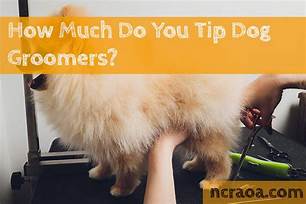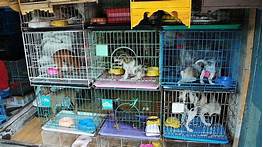Does Pet Insurance Cover Soft Palate Surgery?
For pet owners, the health and well-being of their furry companions are of utmost importance. Unexpected medical expenses can be a significant financial burden, which is why many pet owners opt for pet insurance to provide peace of mind and financial assistance in case of unforeseen circumstances. Among the various medical conditions that pets may encounter, soft palate surgery is a common procedure that can have substantial costs. This article aims to provide pet owners with information regarding whether pet insurance covers soft palate surgery and the factors that influence coverage.

What is Soft Palate Surgery?
The soft palate is a muscular structure located at the back of the throat, separating the oral and nasal cavities. In some dogs, particularly brachycephalic breeds like Bulldogs, Pugs, and French Bulldogs, the soft palate can be elongated and excessively thick, leading to various health problems. This condition is known as elongated soft palate or soft palate hyperplasia.
When the soft palate is elongated, it can obstruct the airway during breathing, causing a condition called sleep apnea. Sleep apnea can lead to several adverse effects, including disrupted sleep, snoring, difficulty breathing, and in severe cases, respiratory distress. Soft palate surgery is a surgical procedure performed to shorten and thin the elongated soft palate, improving the airway and alleviating the symptoms of sleep apnea.
Does Pet Insurance Cover Soft Palate Surgery?
The coverage for soft palate surgery under pet insurance policies varies depending on the insurance provider, policy type, and the specific terms and conditions of the policy. Here are some key factors that influence coverage:
1. Coverage Level:
Pet insurance policies typically offer different coverage levels, such as accident-only, illness-only, or comprehensive coverage. Comprehensive coverage plans generally provide the most extensive coverage, including both accidents and illnesses, and are more likely to cover soft palate surgery.
2. Policy Exclusions:
Many pet insurance policies include specific exclusions, which are conditions or procedures that are not covered under the policy. Pre-existing conditions are often excluded, meaning that if your pet had signs of soft palate elongation or sleep apnea prior to the policy's effective date, the surgery may not be covered.
3. Waiting Periods:
Pet insurance policies often have waiting periods before coverage takes effect. These waiting periods can vary from a few days to several months. If your pet undergoes soft palate surgery during the waiting period, the surgery may not be covered.
4. Deductible and Coinsurance:
Pet insurance policies typically have a deductible, which is the amount you pay out of pocket before the insurance coverage kicks in. Additionally, there may be a coinsurance percentage, which represents the portion of the covered expenses that you are responsible for. These factors can impact the overall cost of soft palate surgery if it is covered under your policy.
5. Policy Limits:
Some pet insurance policies have limits on the amount of coverage available for certain procedures or conditions. It's important to check the policy limits to ensure that the coverage is sufficient to cover the potential expenses of soft palate surgery.
Conclusion:
Whether pet insurance covers soft palate surgery depends on various factors, including the insurance provider, policy type, coverage level, exclusions, waiting periods, deductible, coinsurance, and policy limits. It's crucial to carefully review the terms and conditions of your pet insurance policy to understand the specific coverage for soft palate surgery. If you have any questions or concerns, it's best to contact your insurance provider for clarification.
Declaration: All article resources on this website, unless otherwise specified or labeled, are collected from online resources. If the content on this website infringes on the legitimate rights and interests of the original author, you can contact this website to delete it.






